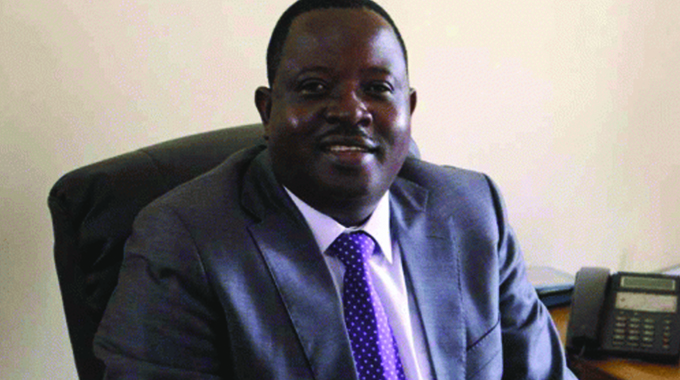More funding needed to achieve universal health coverage

Nqobile Tshili, [email protected]
THE Community Working Group on Health (CWGH) is lobbying the Government to provide more funding to revitalise public health care as the world commemorates Universal Health Coverage (UHC) Day.
UHC Day is commemorated annually on December 12 and is this year running under the theme: “Health for All: Time for Action.”
In a statement, CWGH executive director Mr Itai Rusike said the day is a reminder to the Government to commit to providing universal health coverage to all.
He said the Covid-19 pandemic was a wake-up call to roll out universal health coverage in the country.
“The national health insurance is critical for the achievement of universal health coverage. This is important in a country where currently only about 7 percent of Zimbabweans have medical insurance. Sustainable progress toward universal health coverage requires that a country’s health financing system consistently generate sufficient, largely domestic resources,” he said.
Mr Rusike said evidence has shown that the Government’s financing is the most efficient and equitable way to fund health coverage.
“Primary health care is the frontline of Zimbabwe’s health system. Primary health care is usually the first point of contact people have with their health care system, and ideally should provide comprehensive, affordable, community-based care throughout life,” said Mr Rusike.
“A strong, well-funded, and accessible primary health system keeps people healthier and out of hospital by supporting them to manage their health issues, including chronic conditions, in the community. This reduces Zimbabweans’ reliance on costly acute care, such as specialists, emergency department or other hospital services.”
He said the Government should increase budgetary allocation for primary health care in public medical institutions.
Mr Rusike said smoking cigarettes, hazardous alcohol consumption, poor diets, and lack of physical activity are a threat to good health.
He said the country needs to improve investment in water, sanitation, and hygiene to mitigate against cholera outbreaks.
“Furthermore, several water sanitation and hygiene interventions can be implemented rapidly and cost-effectively; these include: point-of-use water treatment and safe storage, community action to end open defaecation, provision of soap, and promotion of hand washing,” he said.
Mr Rusike said there is also a need to strengthen the country’s health workforce as an enabling factor towards universal health coverage.
“It is important to review the health staff establishment to reflect the current demographic and macroeconomic trends. Appropriate incentives must be designed to ensure equitable distribution across urban and rural areas ensuring access to under‐served populations,” he said.
@nqotshili








Comments